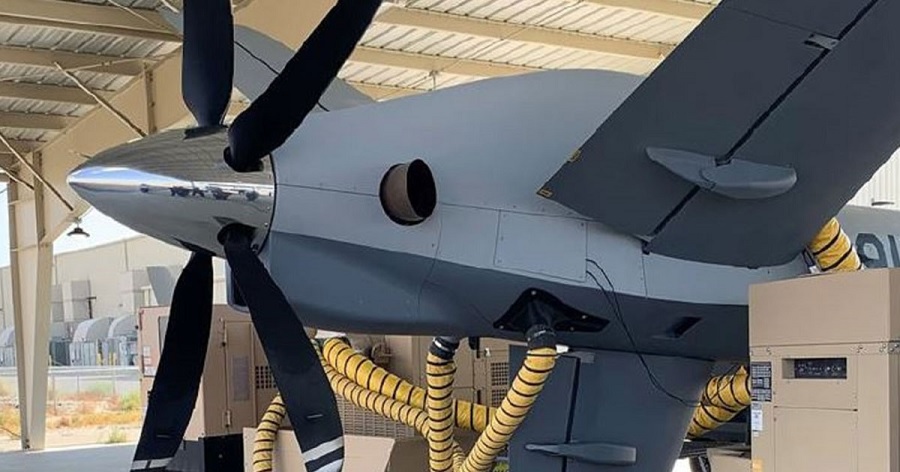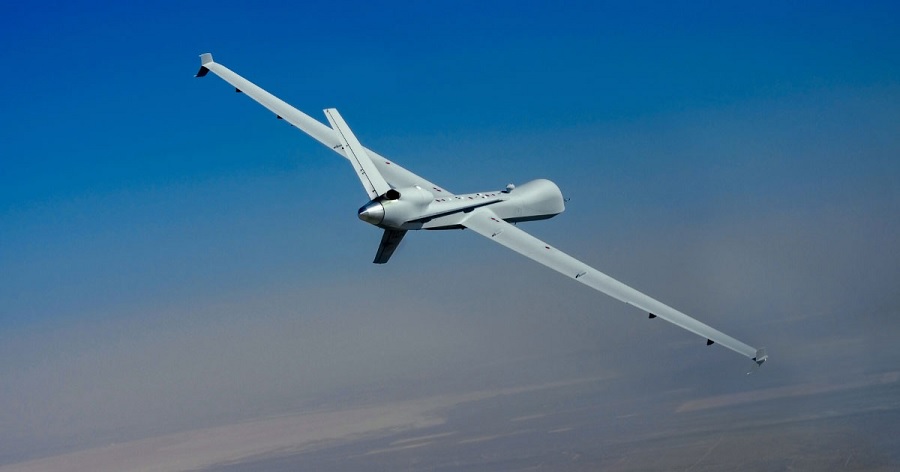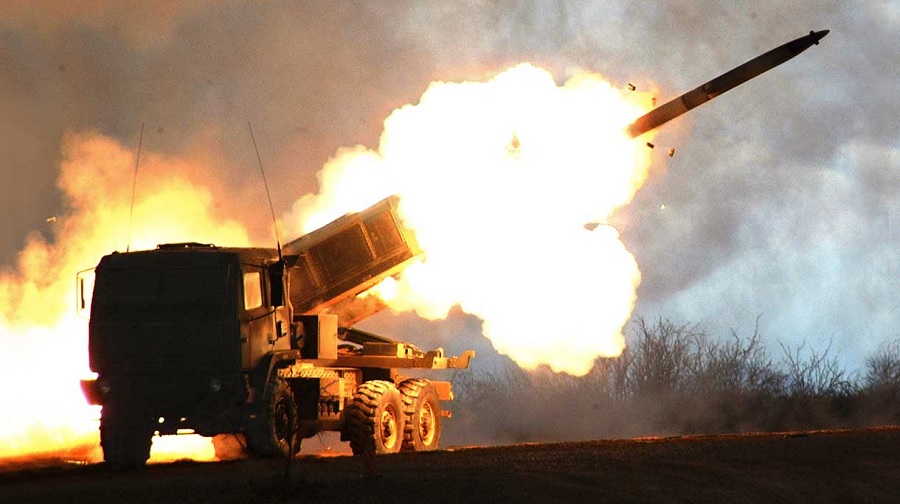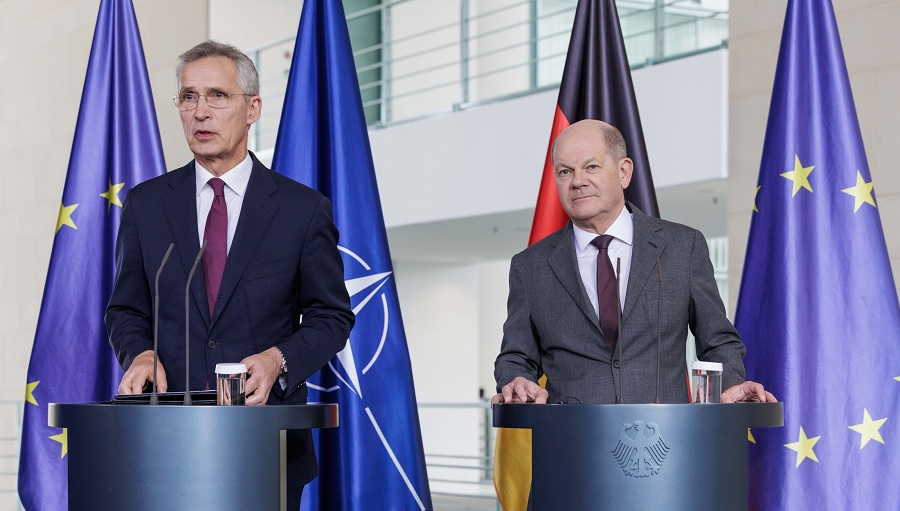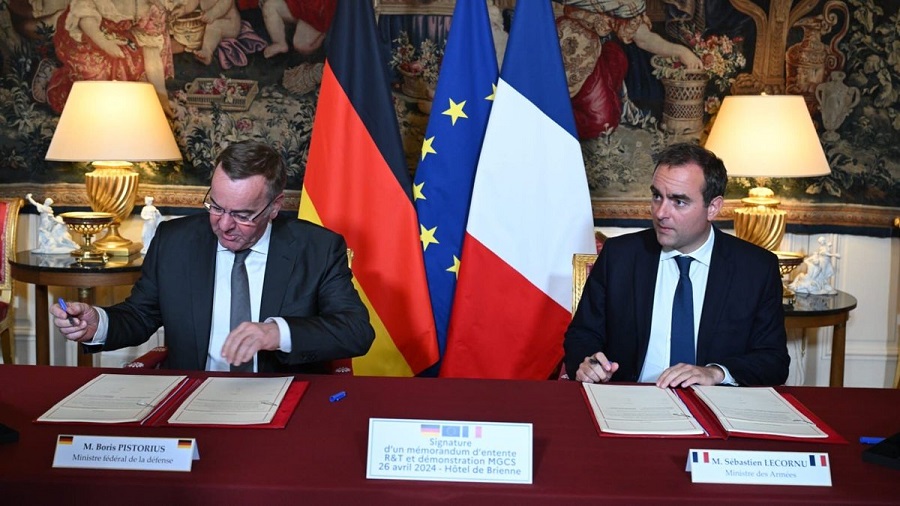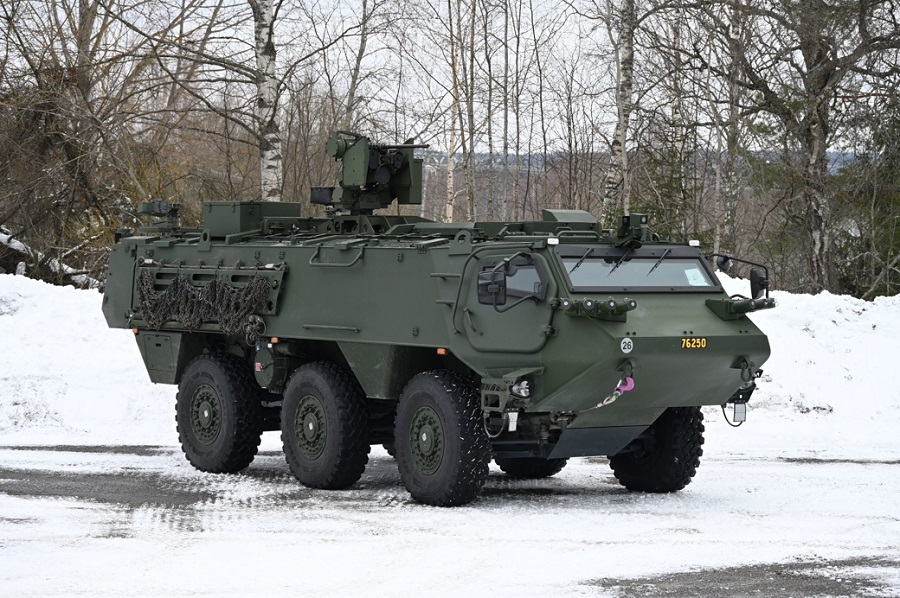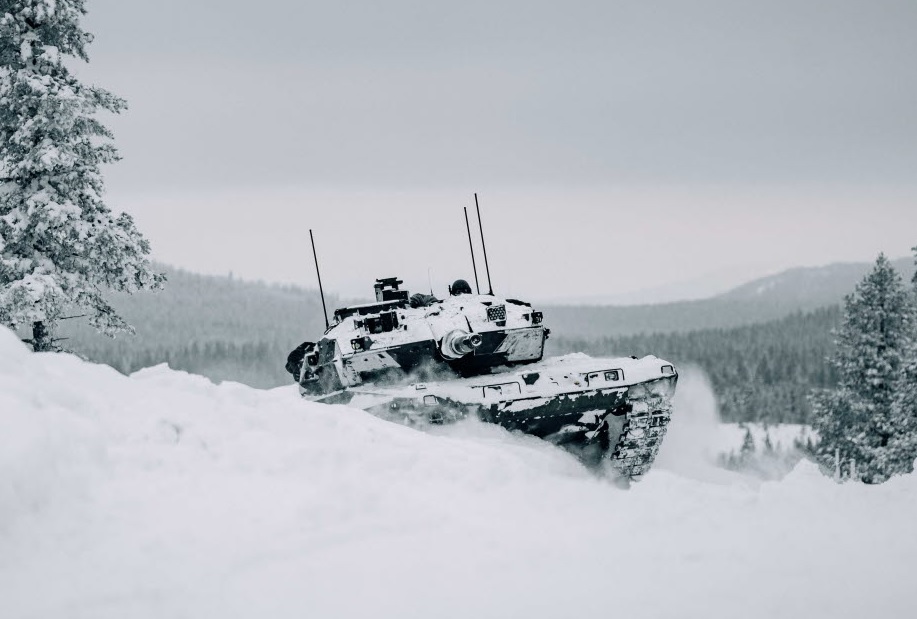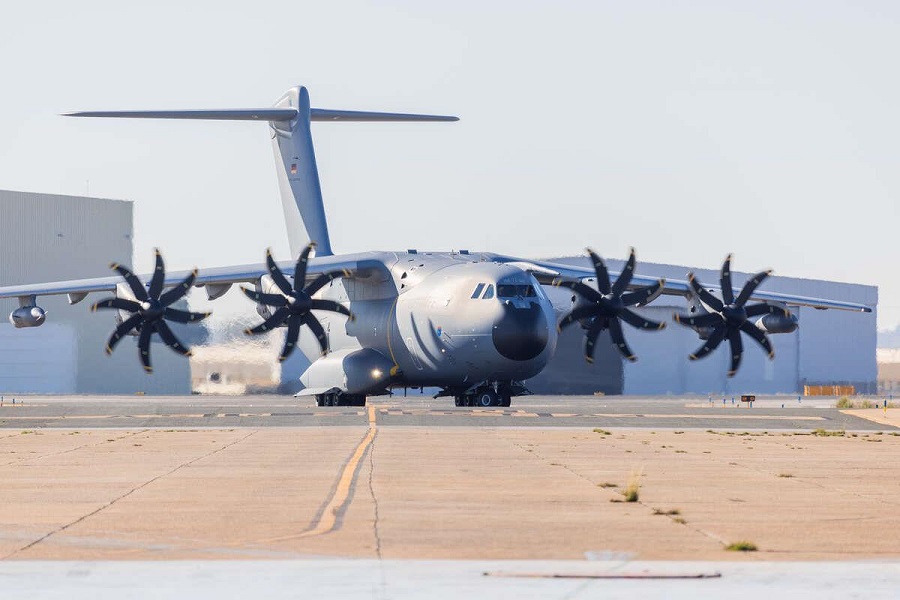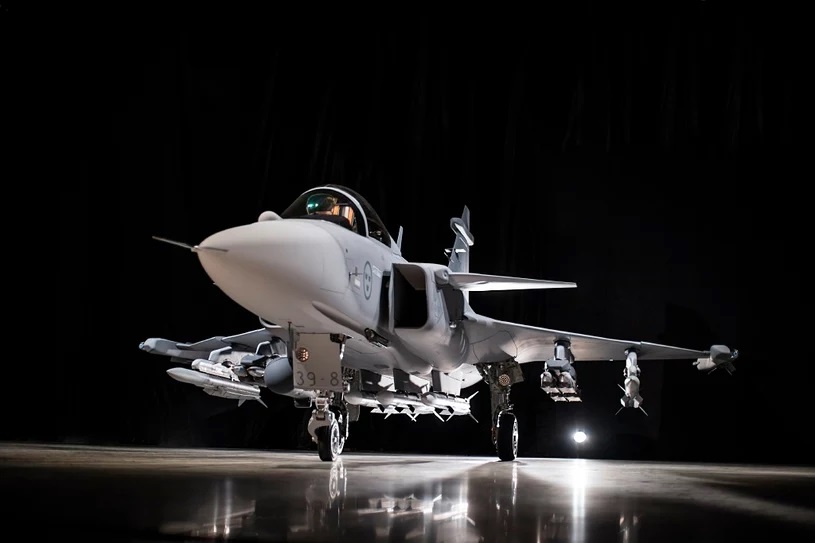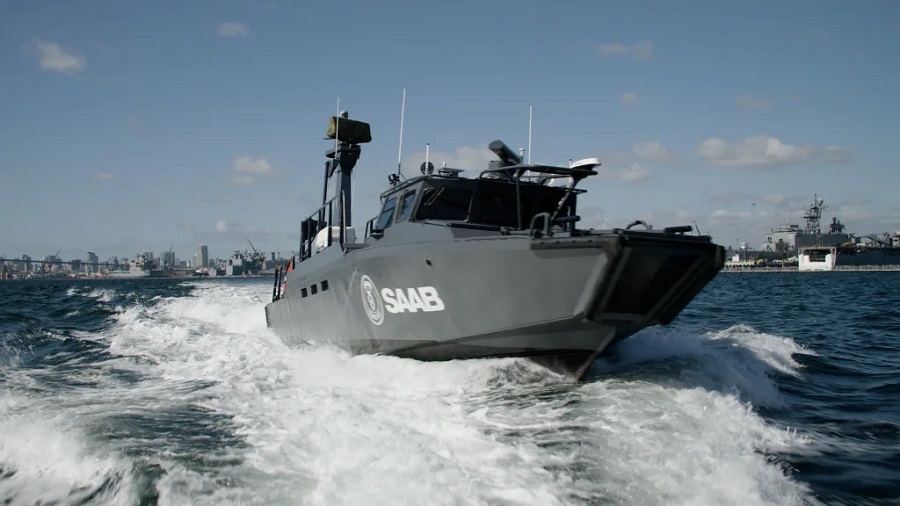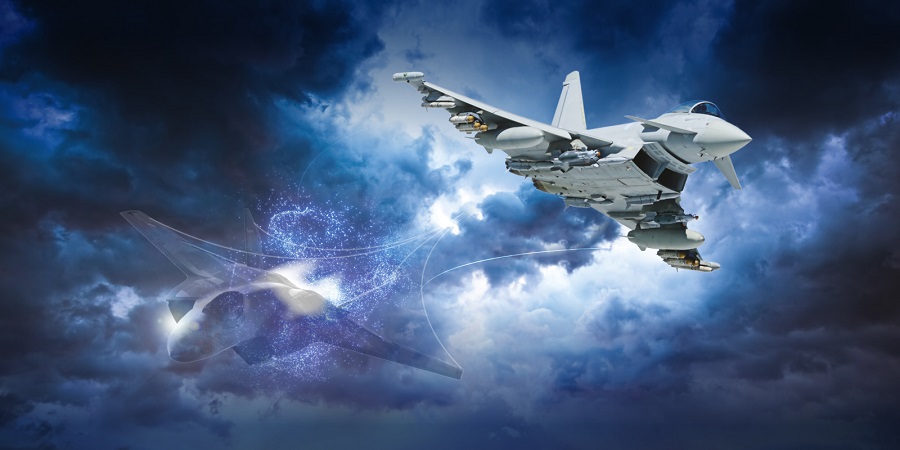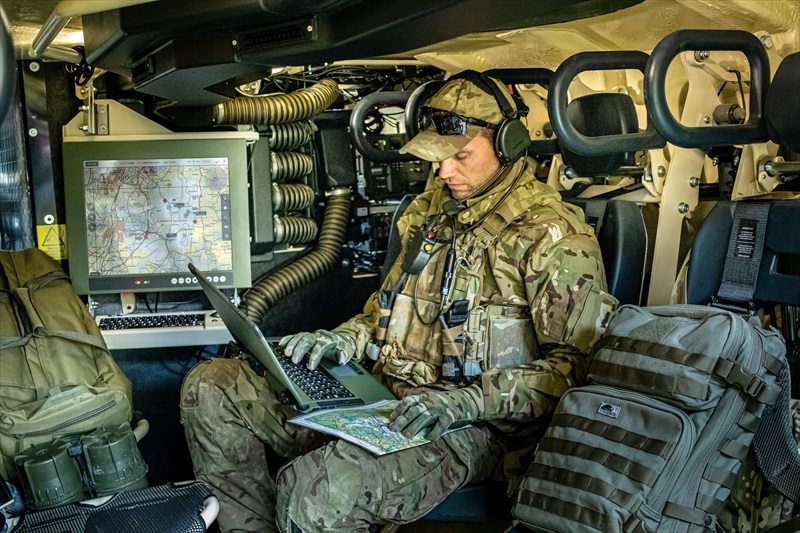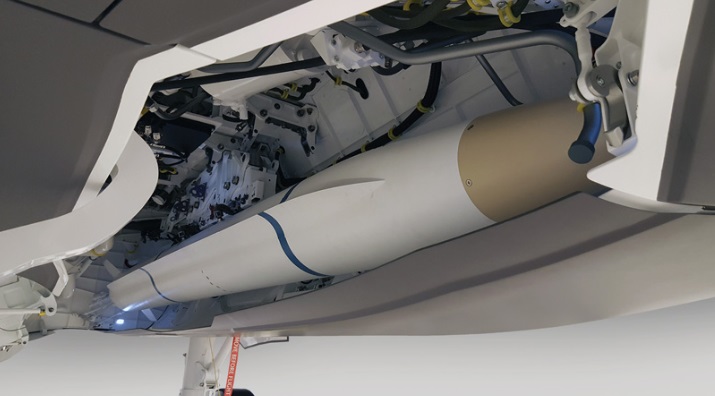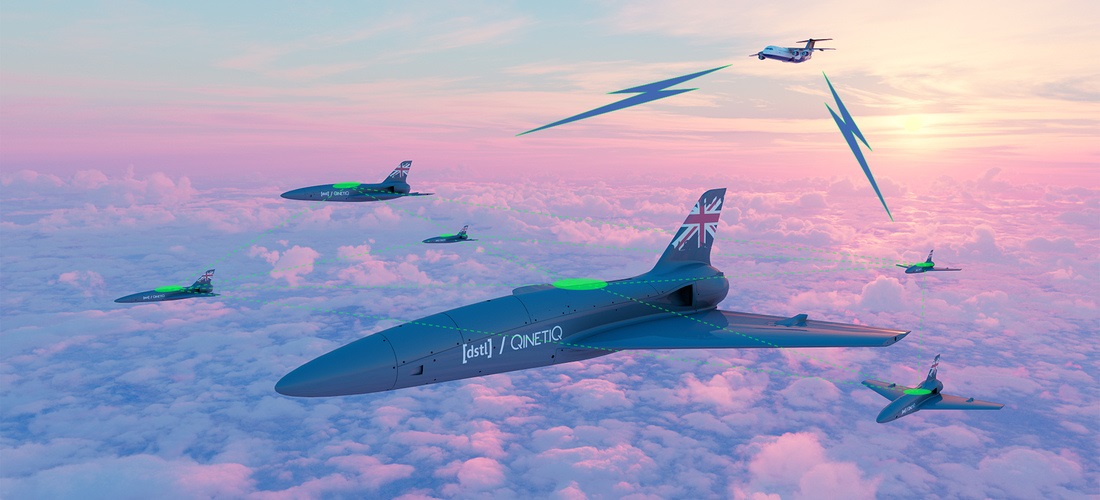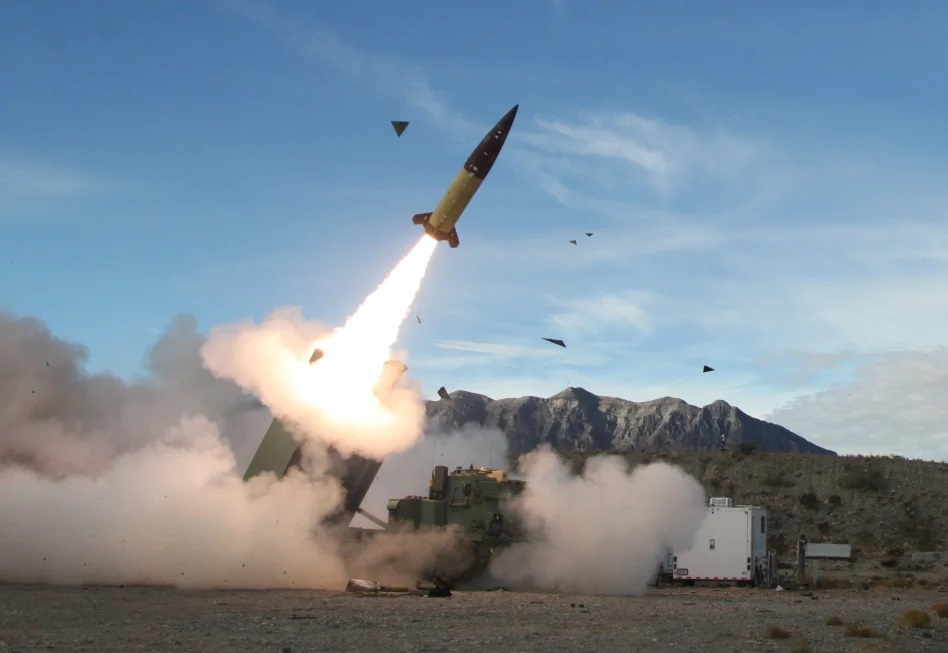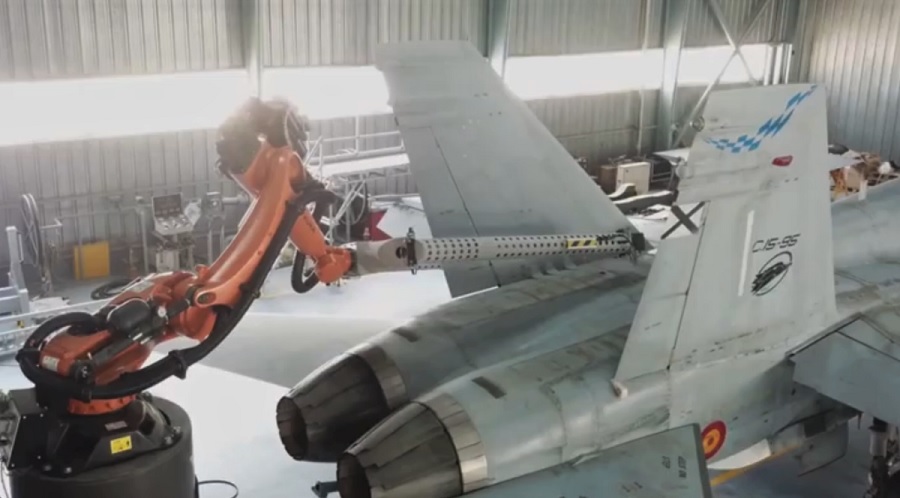The remotely piloted air system, or RPAS, has been controlled by XIII Squadron based at RAF Waddington, Lincolnshire, since 2013. Squadron staff marked the achievement on 24th April, while deployed personnel in the Middle East, where the Reaper is physically based, recognised the occasion with the long-standing military tradition of painting a blast wall.
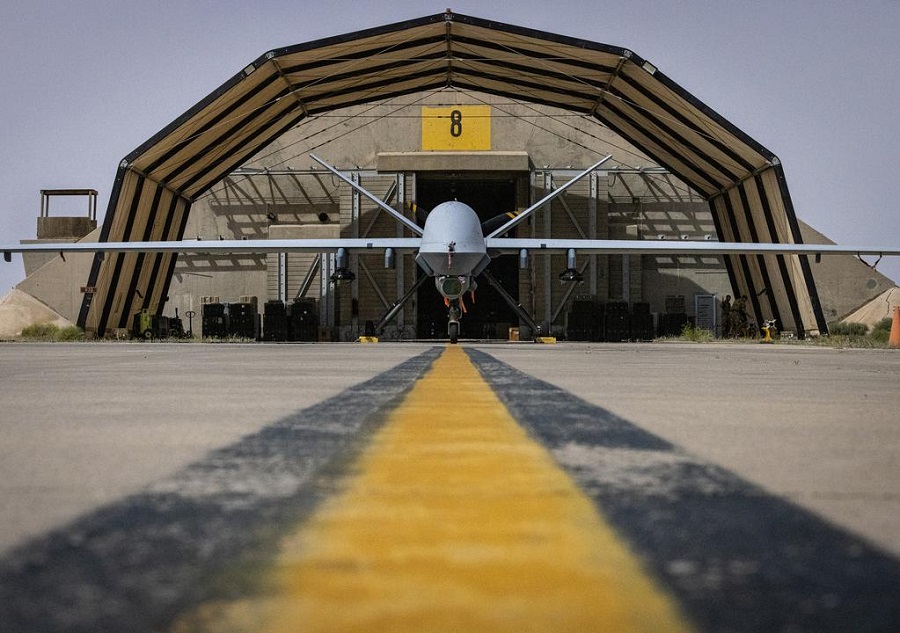
The RAF’s XIII Squadron is responsible for providing intelligence, surveillance and reconnaissance to troops on the ground. The Squadron’s pilots can control the Reapers from either Static or Mobile Ground Control Stations to deliver time critical information and support attack missions to allied forces such as the British Army or NATO.
In 2024, XIII Squadron is due to operate the RAF’s new MQ-9B Protector aircraft, an advanced ‘medium altitude long endurance’ RPAS replacing the Reaper. They will be joined by the reformed 31 Squadron, which will also be based at RAF Waddington.
Before basing operations from the East Midlands, the RAF’s Reapers were controlled by UK personnel based at Creech Air Force Base in Nevada, USA. XIII Squadron continues to play a crucial role in conflicts worldwide and currently operates the MQ-9A Reaper for Operation Shader, combatting Daesh in Syria and Iraq, and other operations and exercises in the Middle East.
In a long-standing military tradition, the occasion was marked by decorating a blast wall at 83 Expeditionary Air Group HQ, the RAF’s operational headquarters in the Middle East, and where ground staff handle and maintain the Reaper. At 13:13 local time the final brush strokes were laid.
Blast walls are designed to protect military personnel and equipment from explosions, making them an essential part of any military operation, however painting them with commemorative artwork has become an international military tradition.




